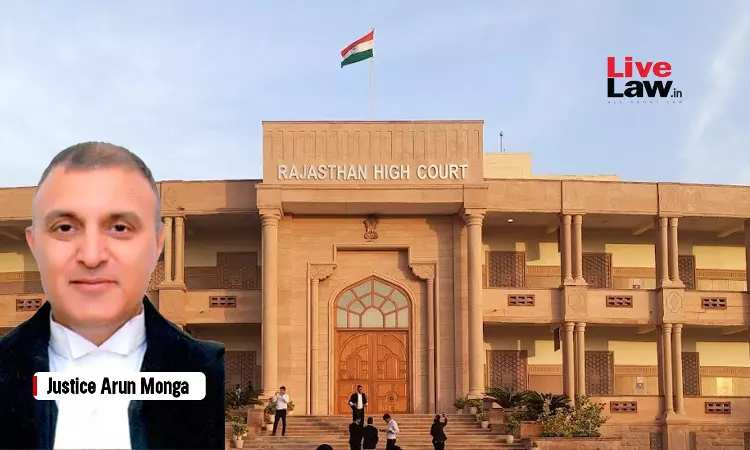The Rajasthan High Court has recently said that the role of the magistrate under Section 145 CrPC is to ensure public peace when there is a dispute over possession of property and order not to settle property disputes which are under the purview of civil courts. The court said this after noting that in the present case there were already civil proceedings ongoing between the parties before...

